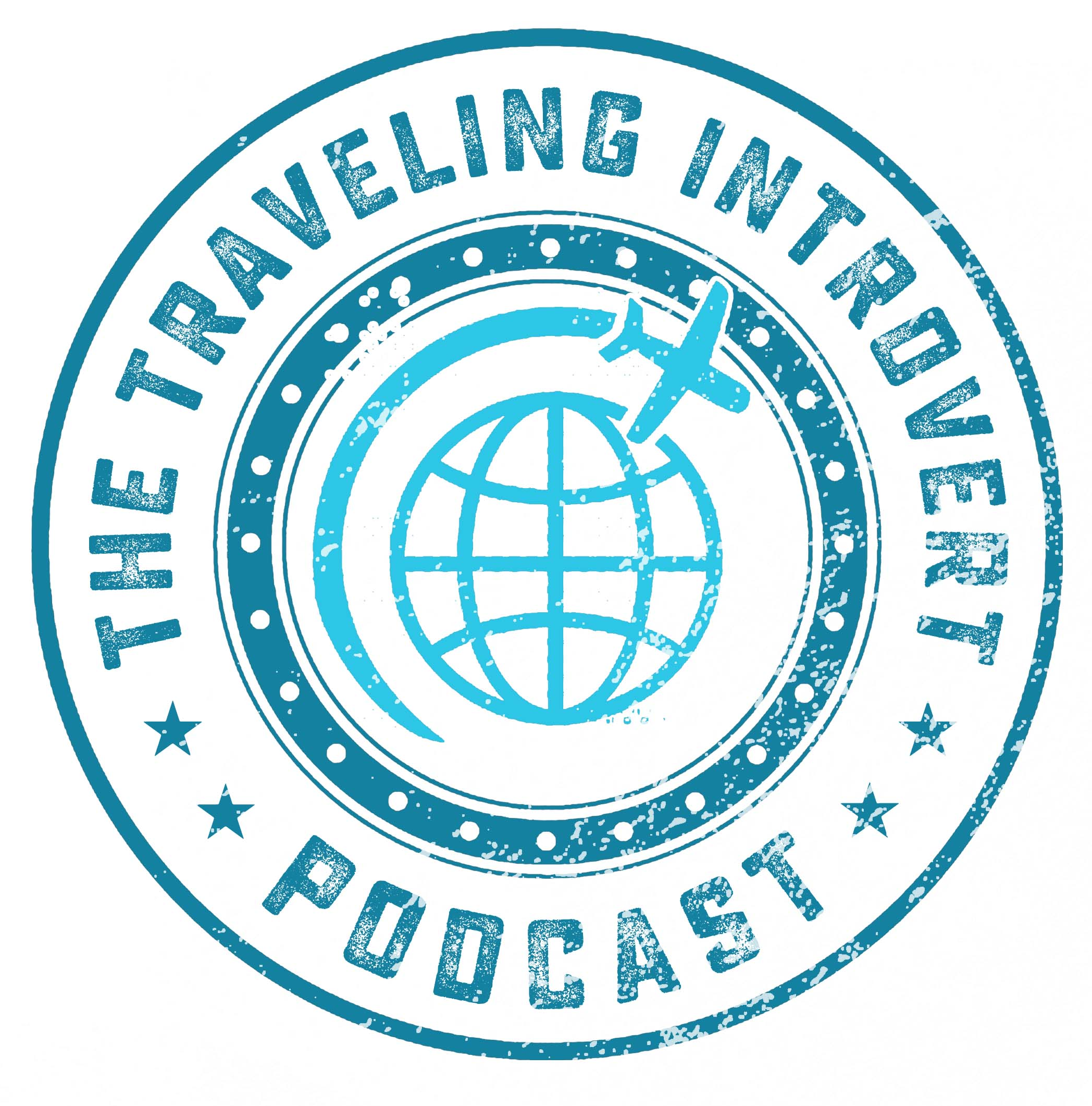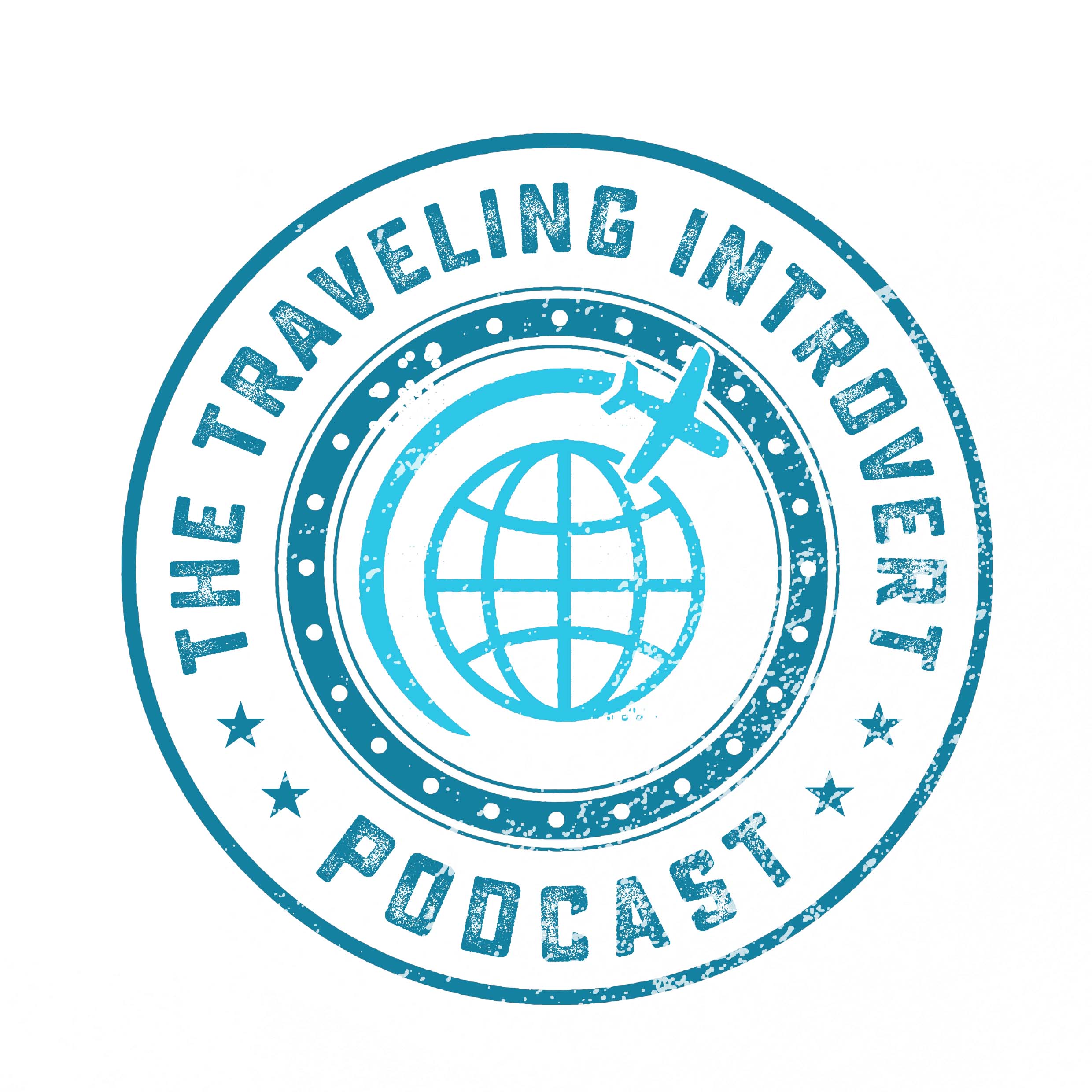Episode 118
Pay to Play
Shownotes:
As time goes by, many things now get charged for a price, and that includes being a guest on a podcast. It can be compared to guest blogging, there are certain sites that charge a certain amount if you want to promote a book, event, or a site of your own in a channel with a large audience. This happens because the hosts use a large amount of money to maintain their sites, and not all potential guests show up or fulfill their obligations. Have you ever paid to be a guest on a podcast? How did it go? As a listener would you like to know when someone has paid to be on a podcast? And then there are companies like Forbes.
Hello and welcome to The Traveling Introvert. Today I'd like to talk about something that's come up recently and it is pay to play, and to some people, this might be triggering just because of the fact that they're like, "Oh wait, but pay to play. Isn't that something you can't do? Isn't that something to stop networks from taking over?" So the reason why I want to talk about pay to play is because there are some podcasts that now will charge people to be interviewed or be on that podcast, and some people are very open about it and some people are not so open about it, and there is a split amongst the podcasting community on whether this is a good thing or a bad thing. On one hand, it helps weed out people who might be wasting your time. There's a lot of time that's spent by podcasters setting up the interview, doing all the research, waiting for someone to come online and then they don't turn up for the interview and they may or may not reschedule, and that is time wasted by the podcaster.
On the same note, it could be that this particular podcaster has a huge reach and if you go on that podcast, it's almost like going on Oprah, if once Oprah says, "This is a thing.", the place sells out so you are buying basically advertising and so why would you not pay for that?
On the other hand, there is the camp that thinks that if you are going to pay for play, then you should state so very clearly and be upfront about it. The idea is someone should want to talk about something, not necessarily just go on to sell. It should be a conversation, it should be a growth, it should be a learning and so there is a divide on the pay to play. Now the thing is pay to play is not just with podcasting. It's also with companies like Forbes for example, they have a a council that you can be on, they approach you, they tell you how wonderful you might be as a good fit to be on this council like board and how you can, you are able to go and you can write articles and be quoted and they'll put articles together with best practices and that sort of a thing.
But you do have to pay a yearly, basically a yearly subscription fee to have access to a, being able to be published on Forbes and to have a badge that states that you are a member of the Forbes Council. So these are all things that give you exposure but they want you to pay for them and you are basically paying to advertise. And so there is definitely a split between the process of what might be seen as pay to play and what might be seen as advertising. And it might just be the mindset of how you go about it or it could be the, well you're not being upfront about it. Because definitely for the Forbes Council, if you try and look online about it, there isn't a lot of information. They reached out to me a couple months ago to be on board one of these councils and when I was trying to find out information how much content was out there and how things, their process was, it was just very murky.
I can't find a lot of information online. There were a couple of people who did put that information out there, but it's not very well stated. When you see a particular, you'll say it's a contributor for Forbes, but it doesn't say that that contributor has to pay sort of a monthly or yearly subscription to be able to post on Forbes. So it's very, very interesting how that works. I would love to know audience your opinion on pay-to-play, whether it be something for like Forbes or something like when you're being a guest on a podcast. Where do you draw that line? Where is it advertising and where is it paying to get ahead from somebody else, which is kind of what advertising is. Is there a wrong or a right way? It just depends how you look at it. I would love to hear your thoughts. Thank you for listening. This was a quick one. This was Janice from thecareerintrovert.com helping introverts launch their podcast with minimum overwhelm. I would love for you to write in, email me at janice@thecareerintrovert.com if you have any questions or any topic you would like me to cover on the show.



